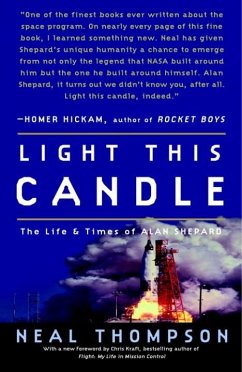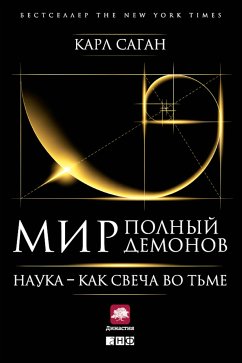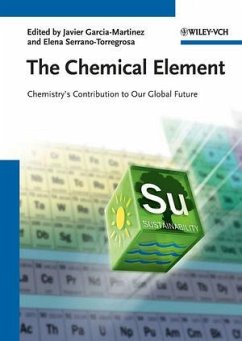
Chemical History of a Candle (eBook, ePUB)

PAYBACK Punkte
7 °P sammeln!
Chemical History of a Candle (eBook, ePUB)
Dieser Download kann aus rechtlichen Gründen nur mit Rechnungsadresse in A, B, BG, CY, CZ, D, DK, EW, E, FIN, F, GR, HR, H, IRL, I, LT, L, LR, M, NL, PL, P, R, S, SLO, SK ausgeliefert werden.













